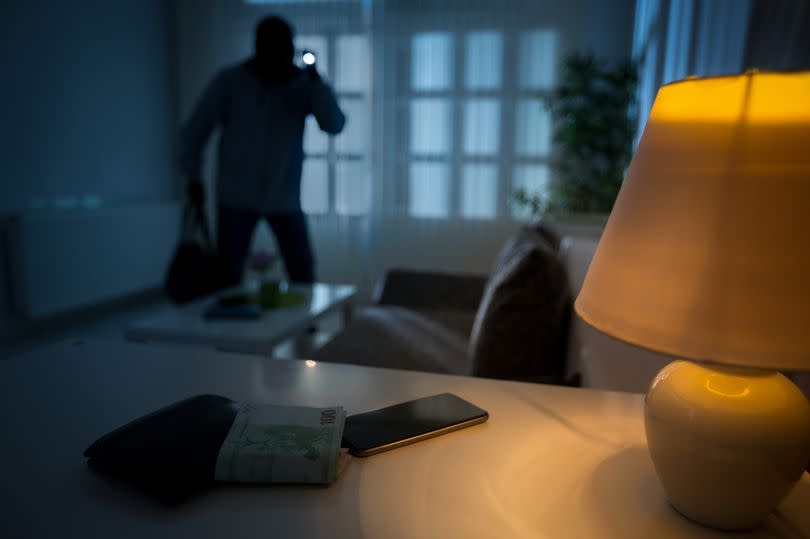What you can legally do to defend yourself if an intruder comes into your home

Your home is your own domain, and it should be considered a safe place. Unfortunately, it can never be guaranteed that your house won’t be broken into at some point in your life.
UK Government guidance states you have the right to defend yourself in your home within reason. They advise that if someone does break into your home you are able to protect yourself ‘in the heat of the moment’ using an object as a weapon if necessary. You are also able to stop an intruder from escaping by tackling them to the ground as a way to keep them on the premises until the police arrive.
You may be left wondering what the definition of reasonable force is. The government consider this to be circumstantial. If you did something that you felt was absolutely necessary, then it will most likely be deemed that you defended yourself within the confines of the law. You also do not have to wait to be attacked to defend yourself in the home.
However, you are at risk of being prosecuted if you continue to attack someone once they are no longer considered a threat. If you chose to set a trap instead of involving the police, you may also be prosecuted.
Such guidance is always important to know as a crime like trespassing and burglary could leave homeowners with long-term emotional trauma. The information below is intended to clear up confusion and any concerns that the public have regarding home invasion.
Read more: Inside the downfall of one of the UK's most powerful gangsters
Read more: Property developer who made £320,000 from double life sprints away from questions
How does the law define reasonable force?
According to the Crown Prosecution Service (CPS), as a general rule, the more extreme the circumstances and the fear felt, the more force you can lawfully use in self-defence. Where you are defending yourself or others from intruders in your home it might still be reasonable in the circumstances for you to use a degree of force that is later considered to be disproportionate - perhaps if you are acting in extreme circumstances in the heat of the moment and don’t have a chance to think about exactly how much force it is. The law will give you the benefit of the doubt in these circumstances.
This only applies if you were acting in self-defence or to protect others in your home and the force you used was disproportionate – disproportionate force to protect property is still unlawful.
If you act with the intent of malice or revenge you may not be protected within the confines of the law. For example, if you continue to attack the intruder while they are unconscious, this would be considered grossly disproportionate force. For the latest court reports, sign up to our crime newsletter here
What if I chase them as they run off?
This situation is different as you are no longer acting in self-defence and so the same degree of force may not be reasonable. However, you are still allowed to use reasonable force to recover your property and make a citizen's arrest. You should consider your own safety and, for example, whether the police have been called. A rugby tackle or a single blow would probably be reasonable. Acting with the intent of inflicting punishment through injury or death would not.
What if the intruder dies?
If an intruder unfortunately dies in your house if you acted with reasonable force, you are still protected by the law. However, if you plan to kill an intruder after they are no longer a threat, such as if they have already been knocked unconscious, that would be considered a crime. If you also knew of an intended intruder and set a trap to hurt or to kill them rather than involve the police, you would be acting with excessive and gratuitous force and could be prosecuted.
Will police believe me or the intrudor?
There should no concern in who the police believe if a home invasion was to occur. The CPS guideline states that police detectives will carry out a balanced investigation and will take into consideration the fact that the intruder entered your property.
However, it's also pointed out that things are not always as they seem. On occasions people pretend a burglary has taken place to cover up other crimes such as a fight between drug dealers, the CPS says.

 Yahoo News
Yahoo News 
